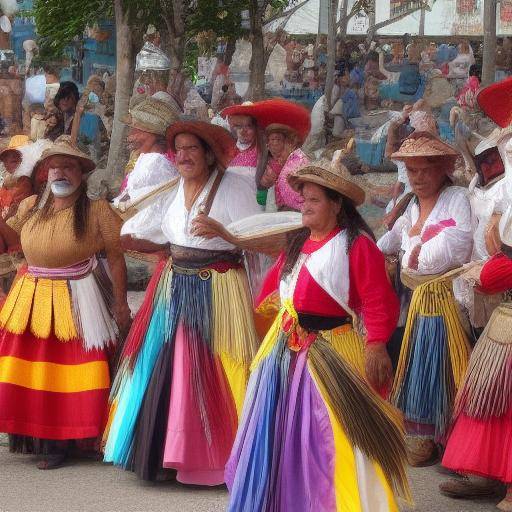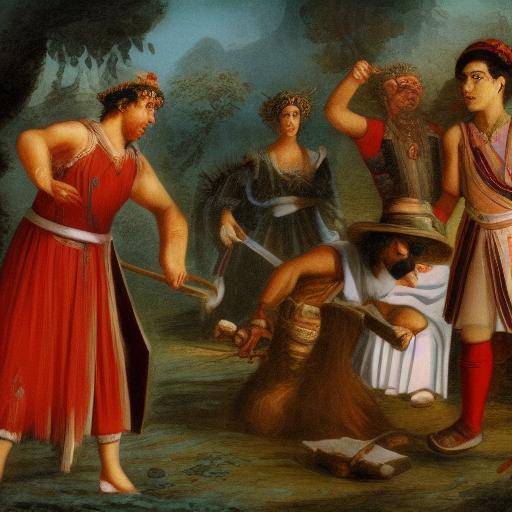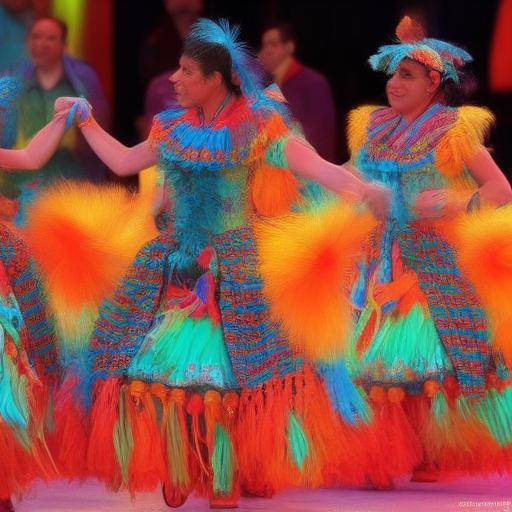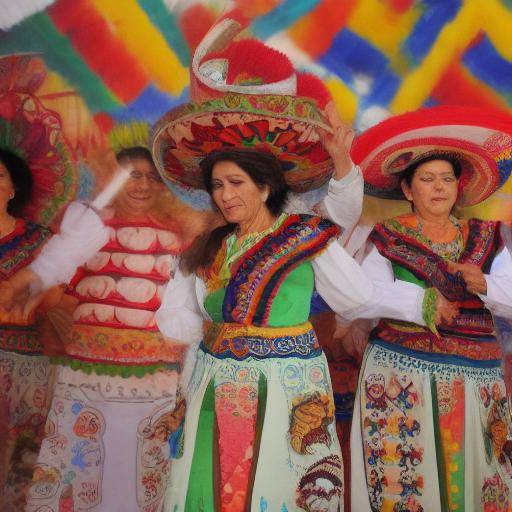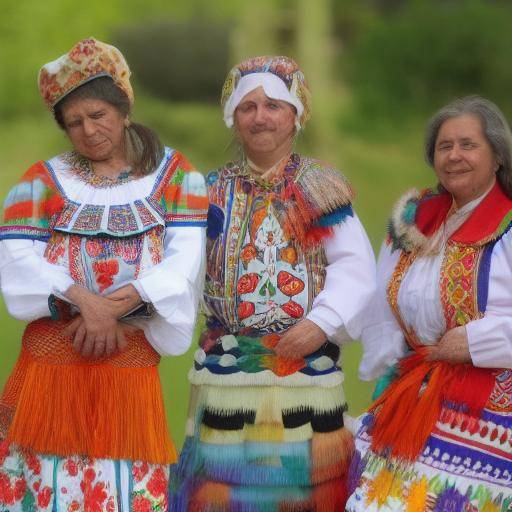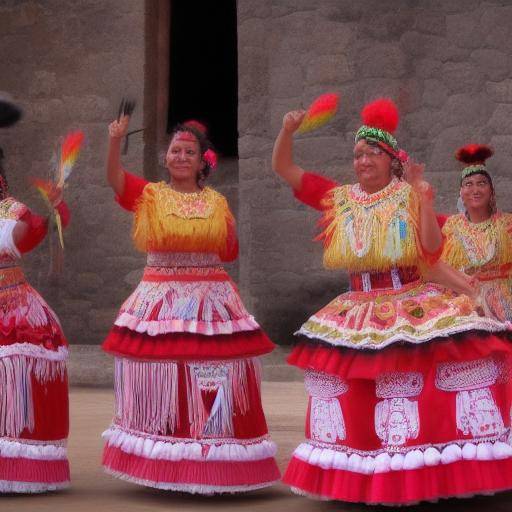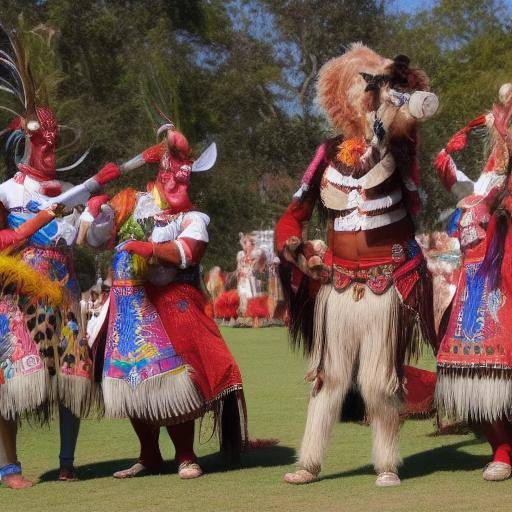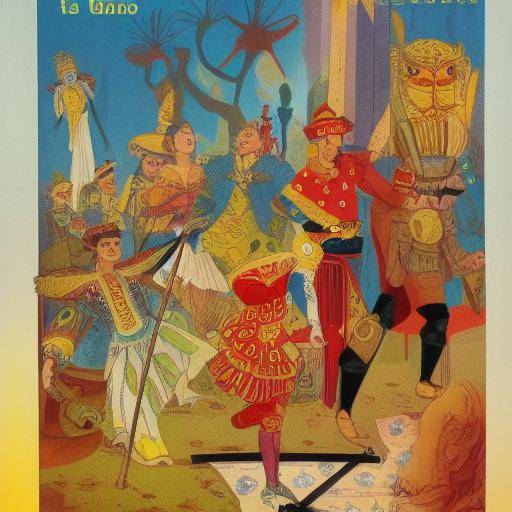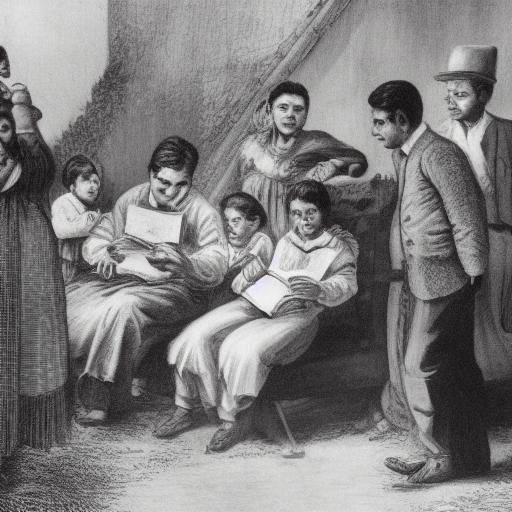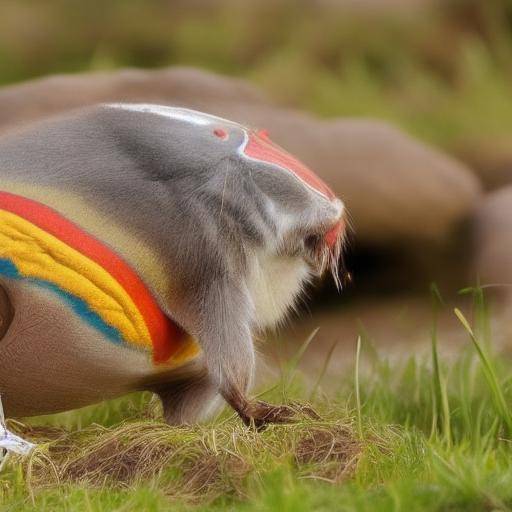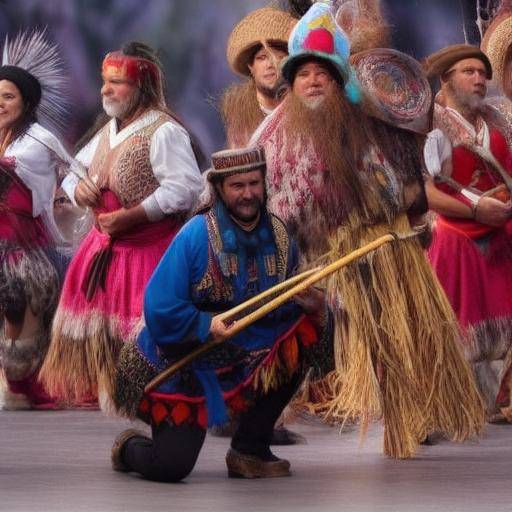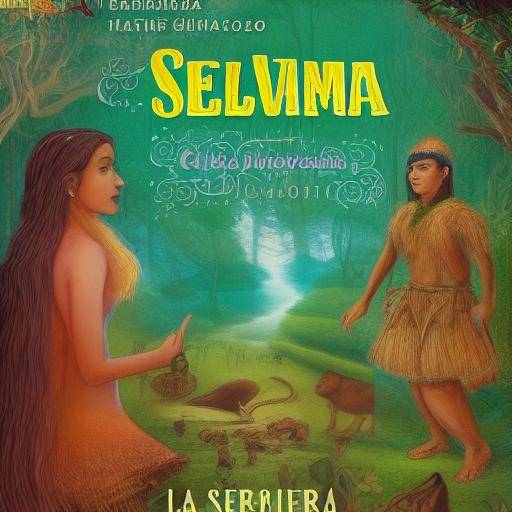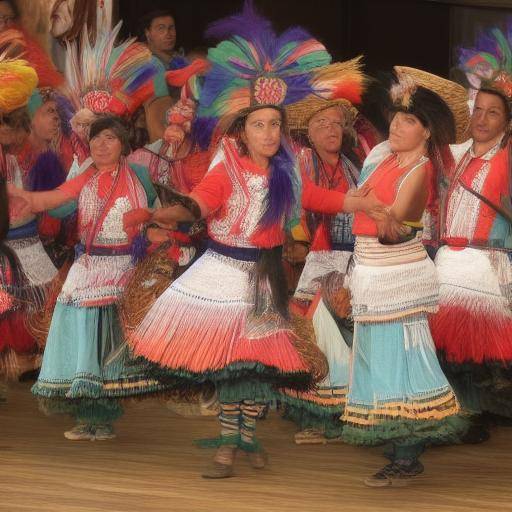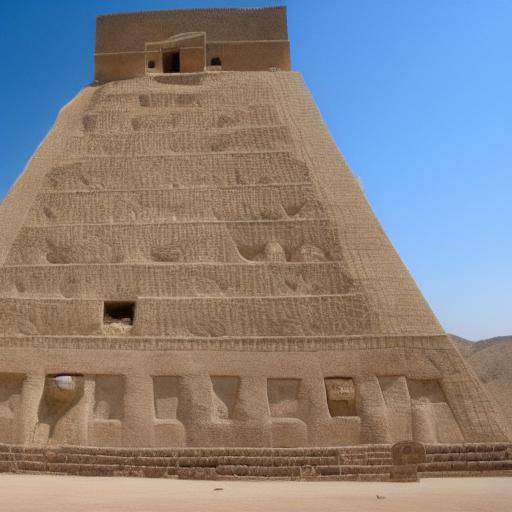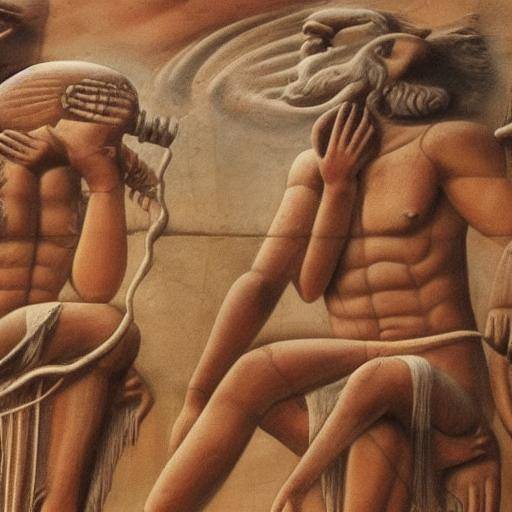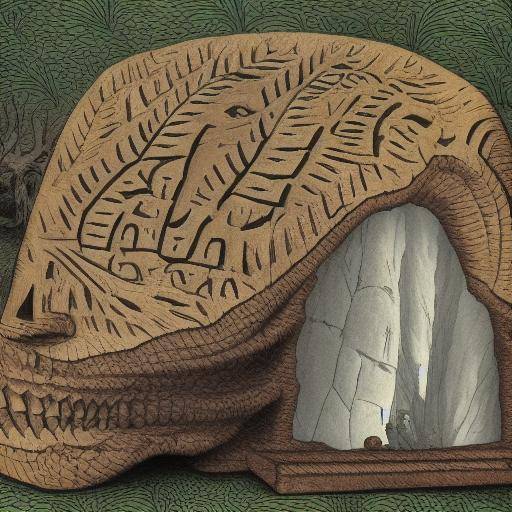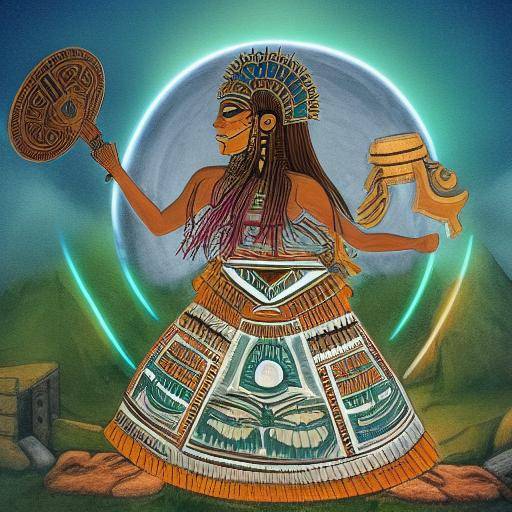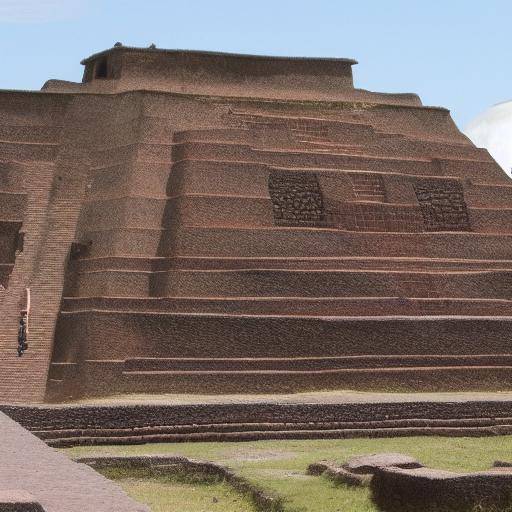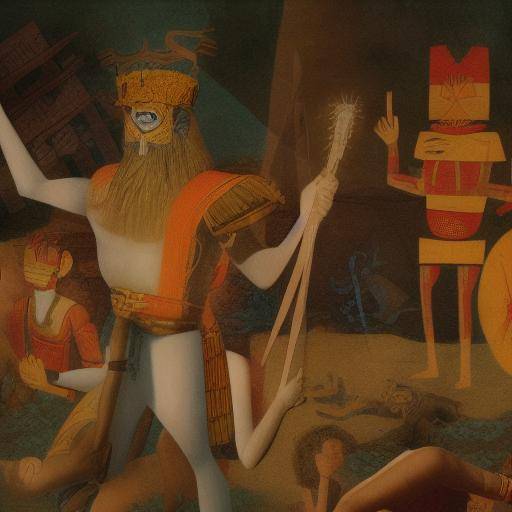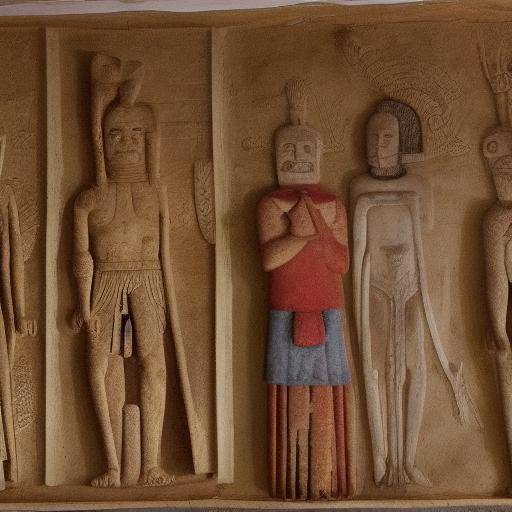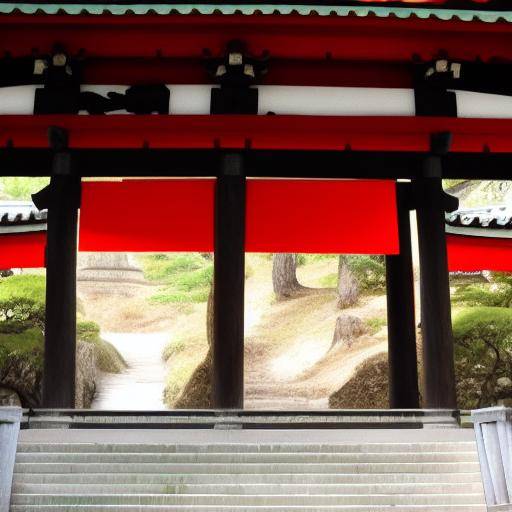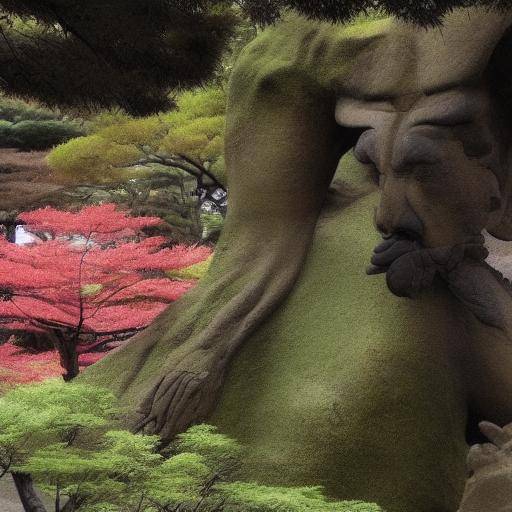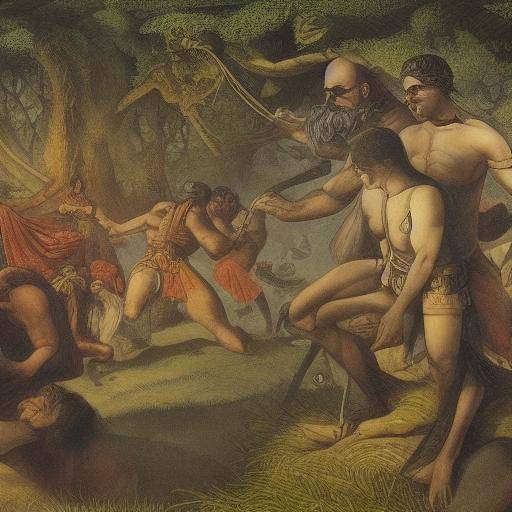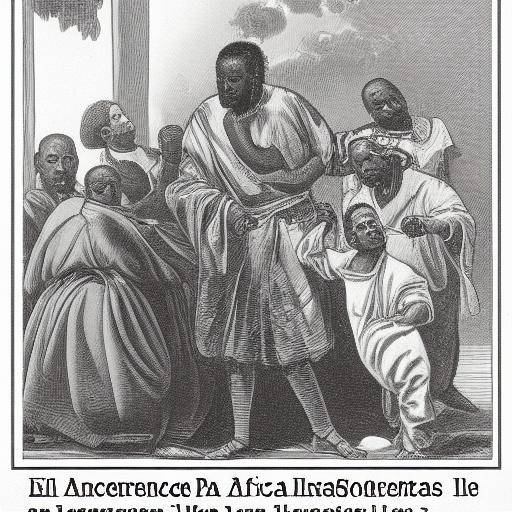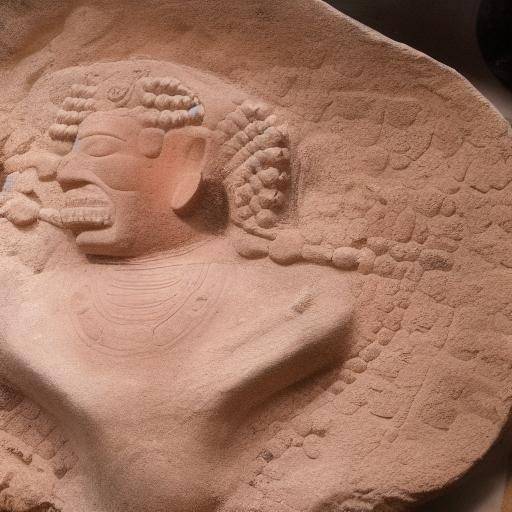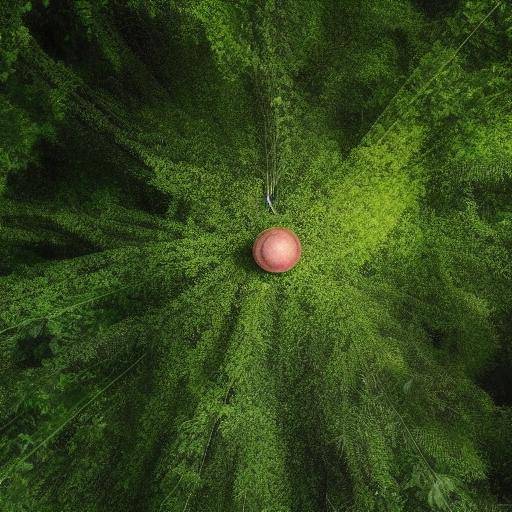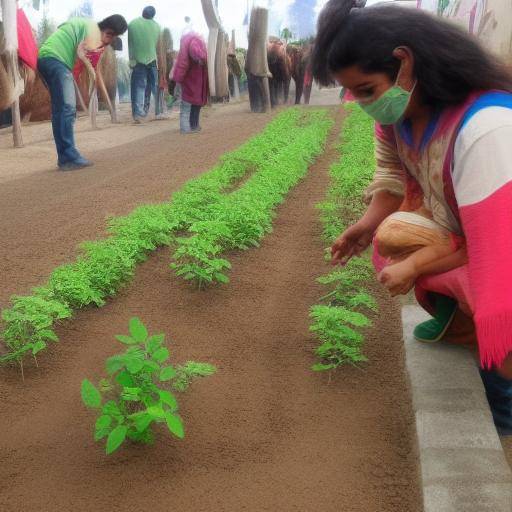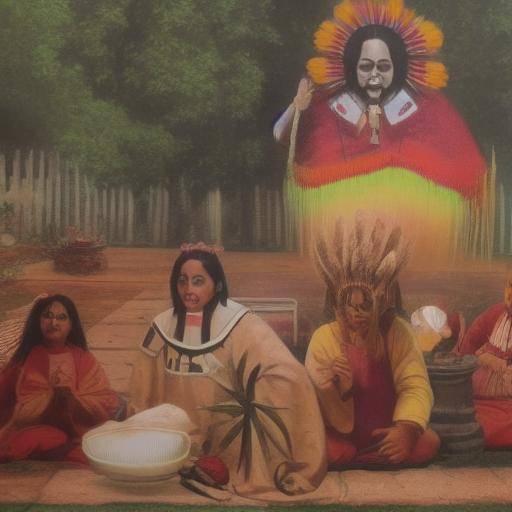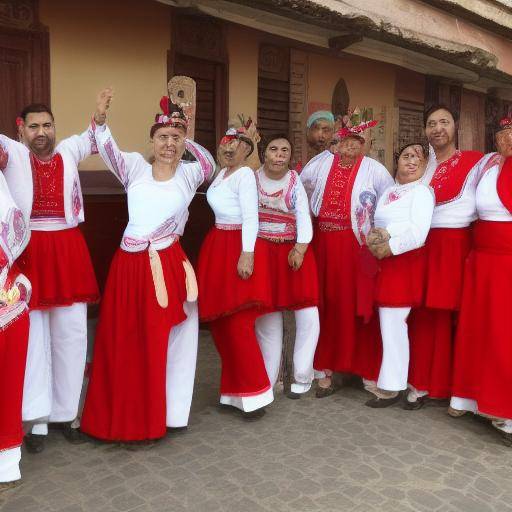
Folklore and beliefs in traditional South American medicine have been fundamental in the history and development of healing practices in the region. From ancient indigenous traditions to the influence of European colonization, these beliefs have shaped the unique approach of traditional medicine in South America. In this article, we will explore the rich history, current practices and the role of folklore and beliefs in traditional South American medicine.
Introduction
Traditional South American medicine, rooted in folklore and ancestral beliefs, is a holistic system that includes curative practices, rituals and religious beliefs that have endured over the centuries. From healing through medicinal plants to the use of spiritual ceremonies, these practices are an integral part of the cultural identity of many indigenous peoples and South American communities.
In this article, we will explore the historical evolution of traditional medicine in South America, associated beliefs and folklore, as well as its influence on contemporary medical practice. In addition, we will examine the impact of these traditions on modern society and explore the future prospects of traditional South American medicine.
History and Background
The traditional South American medicine has its roots in the ancestral indigenous traditions that populated the region long before the arrival of European colonizers. These ancient cultures developed medical systems that focused on harmony with nature, the connection with the spiritual and the balance between the body and the soul. Medicinal plants, healing rituals and religious beliefs played a crucial role in the conception of health and disease.
With the arrival of the European conquerors, these indigenous practices were influenced by the medicinal traditions brought from Europe, leading to a unique fusion of knowledge and beliefs. Since then, traditional South American medicine has incorporated elements of European medicine, African herbarium and the healing practices of African slaves, generating a syncretism of beliefs and practices.
Analysis in Deep
Today, traditional South American medicine continues to play a significant role in the lives of many communities, both rural and urban. The knowledge transmitted from generation to generation on the use of medicinal plants, the application of healing rituals and beliefs in the connection between the body and the spirit remains fundamental in the health care of many people in the region.
However, these practices also face challenges and criticism in the modern world. Although many defend the effectiveness and cultural value of traditional South American medicine, others question their scientific validity and their coexistence with Western medicine. This debate has led to a deeper analysis of medical prospects and the role of beliefs in disease treatment and prevention.
Exhaustive examination
South American traditional medicine is not only a question of healing practices, but also influences broader aspects of society. From the celebration of ancestral rituals to the preservation of popular wisdom, folklore and beliefs associated with traditional medicine have shaped the cultural identity of South America.
Beliefs in the connection between body, mind and spirit have transcended the medical sphere, influencing the cosmovision and the way people understand their own health and well-being. This has led to the integration of traditional elements into modern medical care, where the combination of conventional and traditional methods offers a more comprehensive view of health.
Comparative analysis
By comparing traditional South American medicine, How folklore and beliefs in traditional South American medicine overlap and differ with other forms of traditional medicine, it is possible to understand the wealth of this health care system based on the integration of cultural, spiritual and natural elements. Recognizing both similarities and differences, we can appreciate the diversity of approaches to understanding and treating health and disease in different cultural and geographical contexts.
Practical Tips and Accessible Tips
For those interested in exploring traditional South American medicine, it is essential to recognize the importance of respect for traditions, knowledge and wisdom accumulated over the centuries. In seeking to integrate traditional curative practices in health care, it is important to work in collaboration with practitioners and community leaders to honor and preserve these traditions ethically and sustainably.
In addition, it is essential to promote constructive dialogue between traditional medicine and Western medicine, recognizing the benefits and limitations of both approaches. Intercultural research and collaboration between physicians and traditional healers can foster greater understanding and knowledge sharing that benefits communities and medicine as a whole.
Industry Perspectives and Expert Reviews
Health and anthropology experts have emphasized the importance of assessing the practices of traditional South American medicine in their cultural and social context. They recognize that these traditions not only offer an alternative approach to health care, but also keep alive the connections between people, nature and the spiritual in the region.
Also, political leaders and health professionals have begun to incorporate elements of traditional South American medicine into public health care programs, recognizing their relevance in the treatment and prevention of diseases in certain communities. This type of recognition can support the preservation and revitalization of these ancestral practices in the context of modern medical care.
Case Studies and Real Life Applications
In indigenous and rural communities in South America, traditional medicine practices remain critical to the health care of many people. From healing physical ailments to strengthening spiritual connection, these traditions continue to root in everyday life, offering a unique perspective on health and well-being.
At the same time, traditional South American medicine has awakened the interest of researchers and health professionals who seek to understand and take advantage of the benefits of these practices in the context of contemporary medical care. Case studies and experiences experienced by those who have integrated these knowledge into their medical practice offer a valuable insight into the potential of traditional South American medicine in today's society.
Future Trends and Predictions
As society continues to recognize the importance of preserving cultural diversity and ancestral heritage, traditional South American medicine is expected to maintain its relevance and continue to influence the field of health and medicine in the region. With a renewed approach to interculturalism and the integration of ancestral practices in modern medical care, traditional South American medicine is likely to continue to play a significant role in promoting health in the future.
Conclusion
In conclusion, folklore and beliefs in traditional South American medicine have played a crucial role in historical evolution, current practice and the future of medicine in the region. Recognizing the wealth of these traditions and their influence on society is essential to understanding the diversity of approaches to health and disease in South America.
Respectful dialogue, intercultural collaboration and recognition of the importance of these practices in their cultural context are essential to honour and preserve the vast knowledge accumulated over generations. By fostering a conscious and respectful understanding of traditional South American medicine, it is possible to promote a comprehensive and diverse approach to health care, benefiting communities and medicine as a whole.
Frequently asked questions
1. What are some of the most widely used medicinal plants in traditional South American medicine?
In traditional South American medicine, many medicinal plants, such as manzanilla, valerian, coca, wormwood, tire, rude, among others, are used. Each plant has its own healing properties and is used to treat a variety of medical conditions and ailments.
2. How are the practices and knowledge of traditional South American medicine transmitted from one generation to another?
The transmission of knowledge of traditional South American medicine is carried out through oral tradition, practical learning and direct observation. Traditional healers and healers are responsible for teaching future generations the secrets and uses of healing plants and rituals.
3. How does traditional South American medicine integrate into modern medical care?
In many cases, traditional South American medicine is integrated into modern medical care through collaboration between conventional doctors and traditional healers. This may include the incorporation of natural remedies into medical treatments, as well as the promotion of healing practices and rituals in clinical contexts.
4. Is there scientific evidence to support the effectiveness of traditional South American medicine?
While there is still controversy around the scientific evidence of the effectiveness of traditional South American medicine, many studies have shown promising results regarding the use of medicinal plants and healing practices in the treatment of certain diseases. It is important to continue researching and documenting the potential benefits of these practices.
5. What role do beliefs and rituals play in traditional South American medicine?
Beliefs and rituals play a crucial role in traditional South American medicine, as the balance between body, mind and spirit is considered to be fundamental to health and well-being. The rituals, such as the cleansing and healing ceremonies, seek to restore this integral harmony.
6. How are the challenges and criticisms of traditional South American medicine addressed?
The challenges and criticisms of traditional South American medicine are addressed through respectful dialogue and critical evaluation of practices in their cultural context. Collaboration among health experts, researchers and community leaders plays a crucial role in promoting an integrated and equitable approach to health care.
Conclusion
The traditional South American medicine, rooted in folklore and ancestral beliefs, represents not only a health care system, but also an invaluable cultural legacy that continues to enrich the health and well-being of communities in the region. Recognizing and assessing the richness of these traditions, it is possible to foster a global approach to health that honours diversity and promotes respectful collaboration between different perspectives and medical approaches.
In short, folklore and beliefs in traditional South American medicine have shaped an integral vision of health and disease, integrating ancestral wisdom, connection with the spiritual and harmony with nature. This unique perspective remains relevant in the contemporary world, offering a cultural wealth and a holistic approach that deserves to be explored and understood. RuntimeMethode, respect, openness to dialogue and constructive collaboration between different medical approaches are critical to promoting health and well-being in the diverse context of South America.

